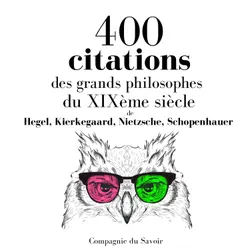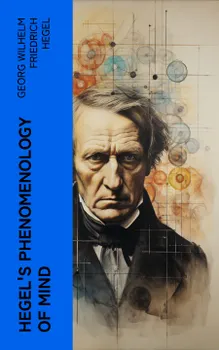The Phenomenology of Mind is Hegel's most widely discussed philosophical work. Hegel described the work as an "exposition of the coming to be of knowledge". This is explicated through a necessary self-origination and dissolution of "the various shapes of spirit as stations on the way through which spirit becomes pure knowledge". Focusing on topics in metaphysics, epistemology, physics, ethics, history, religion, perception, consciousness, and political philosophy, it is where Hegel develops his concepts of dialectic (including the master–slave dialectic), absolute idealism, ethical life, and Aufhebung. It had a profound effect in Western philosophy.
Hegel's Phenomenology of Mind : System of Science
Begin vandaag nog met dit boek voor € 0
- Krijg volledige toegang tot alle boeken in de app tijdens de proefperiode
- Geen verplichtingen, op elk moment annuleren
Auteur:
Taal:
Engels
Formaat:

Philosophy of Mind

Hegel - Premium Collection : The Science of Logic, The Philosophy of Mind, The Philosophy of Right, The Philosophy of Law…

The Essential Works of Georg Wilhelm Friedrich Hegel : Phenomenology of Mind, Philosophy of Mind, Aesthetics, The Criticism of Hegle's Work…

300 citations des philosophes idéalistes

400 citations des grands philosophes du XIXème siècle

Science of Logic

The Phenomenology of Mind : System of Science

Elements of the Philosophy of Right
